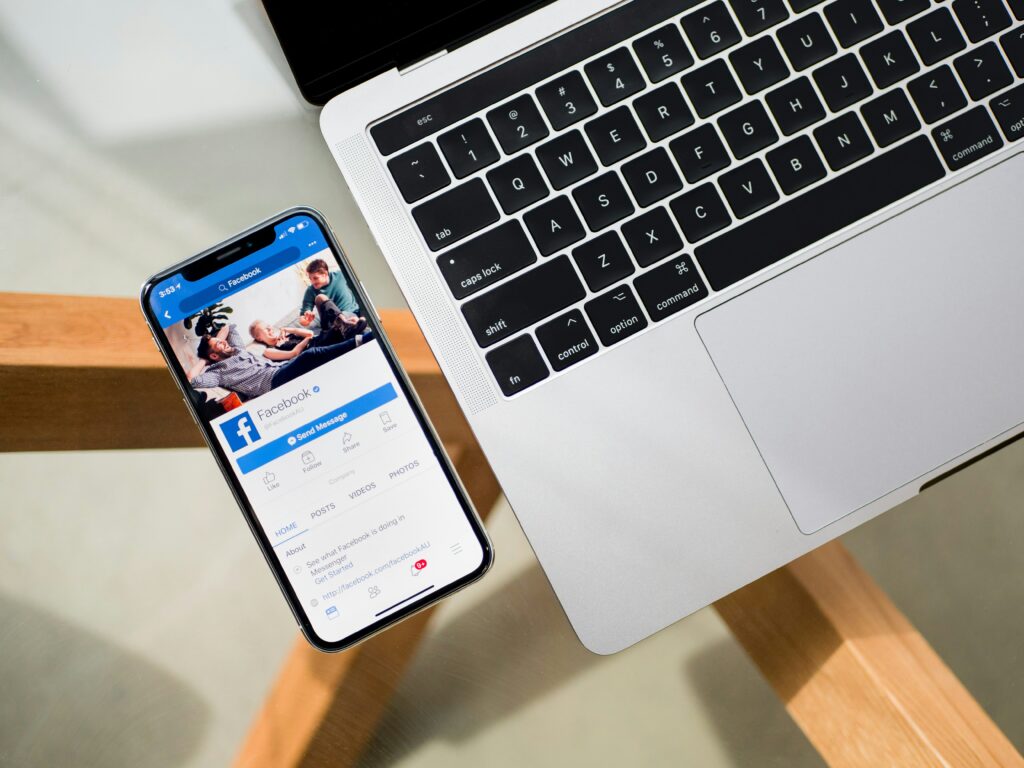As a Millennial, I was blessed to have a childhood that encompassed both dropping off disposable cameras at Rite-Aid and waiting for developed pictures, and being amongst the first generation of humans that could take a picture on a cell phone and share it to millions of people in seconds. What started as a pure-spirited way for people to stay connected and/or build new relationships has now evolved into a multi-trillion dollar industry that affects almost every aspect of modern life. When the term “social media” was first coined, I don’t think any of us could’ve foreseen the reach it would have. The Social Agenda Series will be a journey into the interplay of social media and its effects on human thought and behavior. But for now, let’s start with an overview of what social media is and discuss some of its positive and negative effects on the psyche.
Let’s begin with a working definition of social media. The Encyclopedia of Britannica defines social media as the following:
Social media: A form of mass media communications on the Internet (such as on websites for social networking and microblogging) through which users share information, ideas, personal messages, and other content (such as videos).
Often when we hear the words social media we think of shared multimedia content like pictures and/or videos. I wanted to include this definition specifically because it includes arguably the most influential forms of content: ideas and information. This expansive concept of sharing ideas as a form of social media really exposes just how much of our daily interactions on the internet are due to social media. A recent study conducted by the PEW Research Center has reported that 83% of Americans engage with YouTube, 68% of Americans regularly engage with Facebook, and 30% admit to engaging with LinkedIn.
Social media can have several positive effects on our mental health, namely by fostering community. It can be a powerful tool for enhancing connection and support, which are essential to mental health. When we feel connected to others, our overall sense of well-being improves. Social media offers various ways to maintain these bonds, regardless of physical distance. It provides a platform for individuals to maintain relationships with friends and family, which can enhance feelings of belonging and support. Another benefit of social media is that in recent years, there’s been a slight shift toward greater openness. People are more comfortable sharing personal stories about their mental health, life struggles, and journeys of growth. This culture of openness can make it easier for others to seek help, normalize mental health struggles, and reduce the stigma associated with topics like depression or anxiety.
However, while social media offers many benefits it can also have a profound negative impact on our mental health. One of the most significant concerns is the tendency for users to engage in social comparison. Although this I mentioned that there a shift happening, social media still often highlights people’s “best selves”—from achievements and vacation snapshots to filtered photos and curated moments. While this can be inspiring, it can also create unrealistic standards. When we constantly see “seemingly” perfect lives, it’s natural to compare our own experiences, leading to feelings of inadequacy. This can fuel dissatisfaction with one’s appearance, achievements, relationships, or even personality, resulting in low self-esteem and self-worth.
There are several useful strategies we can implement to decrease the opportunities for adverse effects from social media. The first strategy comes in the form of setting boundaries. Boundaries such as limiting our screen time or selectively curating our followers allow us to place healthy filters on what we’re exposed to. Another useful strategy is to take a minute after scrolling or engaging online to reflect on what we’ve encountered. By being mindful about our feelings and responses to digital content, we’re better able to monitor our emotions and check-in when needed. Lastly, an additional strategy one could use would be using greater discretion when following different social media accounts. Sometimes we feel obligated to engage with certain content due to social pressure or trends, but it’s important to listen to your inner voice. Don’t hesitate to block, unfollow, or restrict as needed to protect your inner peace.
Given the prevalence of social media in our everyday lives it’s likely that many of us have been impacted in some way. Maybe you’ve finally found a community of people who share a unique interest you thought only you had. It’s also possible that you’ve been exposed to a distressing video and had a heightened response. Incorporating healthy boundaries about how you engage online can be helpful to ensure emotional safety online. However, if you or someone you know feels that you’ve been impacted beyond what you can handle, please know that you’re not alone. Reach out for your free consultation today and one of our dedicated therapists would love to assist you.

